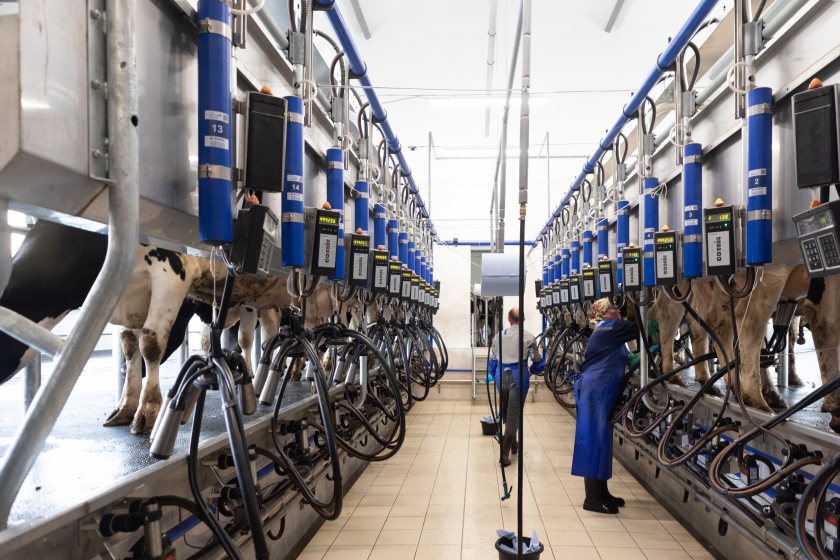Retailers must pay more to secure milk supply, report says

Retailers must pay more to secure future milk supplies, warns a new Kite Consulting report that says power in the UK dairy market is shifting rapidly towards farmers and processors.
The UK-based agribusiness consultancy suggests there is now a short-term window to redefine a more stable relationship between retailers, processors and farmers.
Its report analyses the unusual conditions that have defined 2023: tight global supply, record UK milk production in spring, and farmgate prices trailing behind those seen across Europe.
While milk volumes have been strong this year, the report warns against complacency. It highlights that UK farmgate prices have consistently lagged behind EU counterparts – by an average of 2.3p per litre over the past 19 years compared with Denmark.
Looking ahead, Kite Consulting argues that a shifting emphasis in global investment could reshape the balance of power in the dairy sector.
Retailers may continue to rely on securing milk, but they cannot expect it to remain cheap. The report predicts prices will rise faster than inflation.
“At the heart of the issue lies a market in transition,” said John Allen from Kite Consulting. “We are seeing a shift that is reshaping power in the value chain.
“For decades, the UK dairy sector has been focused on domestic retail, shaped by the logistics and pricing of liquid milk.
"But with processors investing heavily in export capabilities – mozzarella, powders, whey – UK milk is increasingly tied to global markets where premium-added products command higher returns,” he said.
“At the same time UK retailers are asking for higher standards than some global commodity markets. Sustainability, carbon metrics and animal welfare are now expected farm-level deliverables."
The report cautions that in a seller’s market, those making extra demands must be prepared to pay consistently, and at a premium. Otherwise, UK retailers could find themselves outcompeted by global buyers who pay more and expect less.
“What was once, mostly, a buyer’s market is now becoming a seller’s market, and this will only accelerate as new processing facilities come online,” said Kite Consulting’s Becki Reay.
She noted that farmers are beginning to question the value of COP models, which limit upside potential when markets are strong.
“With global prices often outperforming domestic benchmarks, producers are seeking more flexible, reward-driven pricing,” she said.
Ms Reay added: “Farmers need to look at the market signals and ask what their processor requires in terms of milk quality, welfare standards and, crucially, seasonality.
“Efficiency needs to be the top priority across the supply chain. The absorption of capital inefficiencies, due to a mismatch of seasonal supply and demand, will be felt in the milk price,” she said.
The report stresses that while milk is currently plentiful, this surplus is temporary. The UK dairy market is becoming more global, more competitive and increasingly supplier led.
“The shift in power, pricing dynamics and expectations is here to stay. Those who move fastest to adapt will be best positioned to thrive,” Ms Reay continued.
“Retailers have a short-term opportunity to guarantee security of supply of milk produced under their specific standards. Export opportunities and policy threats in the UK could put their supply at risk.
"That means revisiting pool contract terms, improving milk pricing structures and offering meaningful incentives for sustainability, biodiversity and supply consistency.
“Meanwhile, all UK milk processors need a strategy to secure future milk supplies and avoid being outcompeted for milk by ambitious peers.
"While milk has been plentiful this year it doesn’t mean it is always going to be. There is no structural change or issue, and supply pressures remain,” she concluded.








